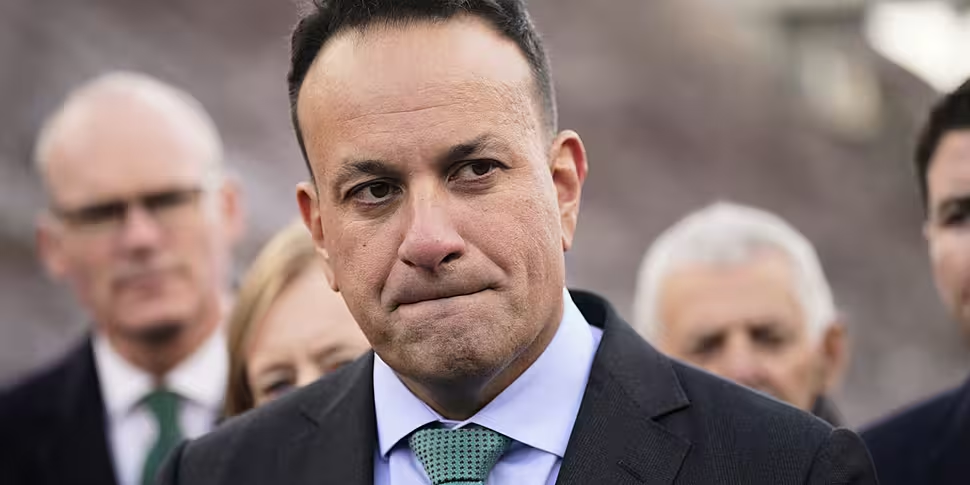The Government will continue increasing pensions and social welfare rates if it remains in power, the Taoiseach has pledged.
Leo Varadkar said social welfare rates will continue to increase in line with the cost-of-living – but warned that the rates must be set at a level that encourages people to seek work.
Social welfare payments are set to increase by €12 this year and the Taoiseach said the increases will continue as long as the country can afford it.
Speaking at a pre-Christmas briefing, Leo Varadkar said Government was committed to keeping the minimum wage higher than Jobseekers Allowance payments in order to encourage people to work.
“One thing we really want to make sure happens in relation to Jobseekers payments … is we want there to be a decent gap, if you like, between job seekers’ payments and what you get working.
“The gap actually has widened in recent years, so even though we have increased the amount that a jobseeker gets paid every week, we have actually increased the national wage by more and that means the incentive to work is greater.”
This year’s €12 increase will take most jobseekers' payments to €232 a week from January.
The Taoiseach said jobseekers’ payments have increased by 10% in the years since Fine Gael came to power and he aims to continue those increases for as long “as the country can afford it”.
Pensions
He said he also aims to continue increasing pensions payments.
An extra €12 a week was given in Budget 2024, but groups working with the elderly say it’s not enough and pensioners need €30 more per week.
“When it comes to pensions, we have broadly set the benchmark that pensions should be pitched at around - around 33% or 34% - of median earnings,” he said.
“We think that is a good benchmark and we’ll aim to keep pensions at that rate an then, when it comes to other welfare arrangements to increase them in line with the cost-of-living.”
Pay-related Jobseeker's Benefit
Mr Varadkar also said he hopes to see the new pay-related Jobseekers’ Benefit payment system introduced in the life time of this Government.
The pay-related system would see higher earners who lose their jobs entitled to more than twice the normal social welfare rates.
The plan would see someone with five years’ worth of PRSI contributions getting 60% of their previous income up to a maximum of €450.
“One of the other changes to jobseekers as well will be the introduction of what are called pay-related benefits and that is where if somebody has been paying into the system, if they have been paying PRSI for five, six, ten years and lose their job, they will get a higher payment in the first few months of unemployment,” he said.
“It will be like was the case with the Pandemic Unemployment Payment (PUP) and that is just to recognise the fact that people who make a contribution should have that contribution recognised.”
Social welfare
The new graduated system of payments will see workers who lose their jobs paid 60% of their earnings – up to a maximum of €450 a week – for the first three months.
They will then be paid 55% of their previous earnings – up to a maximum of €375 per week – for the next three months.
The final three months will be paid at 50% of their previous earnings up to a maximum of €600 per week.
After the first nine months, they will only be entitled to regular Jobseeker’s Allowance, which is currently €220 but is rising to €232 in January.









